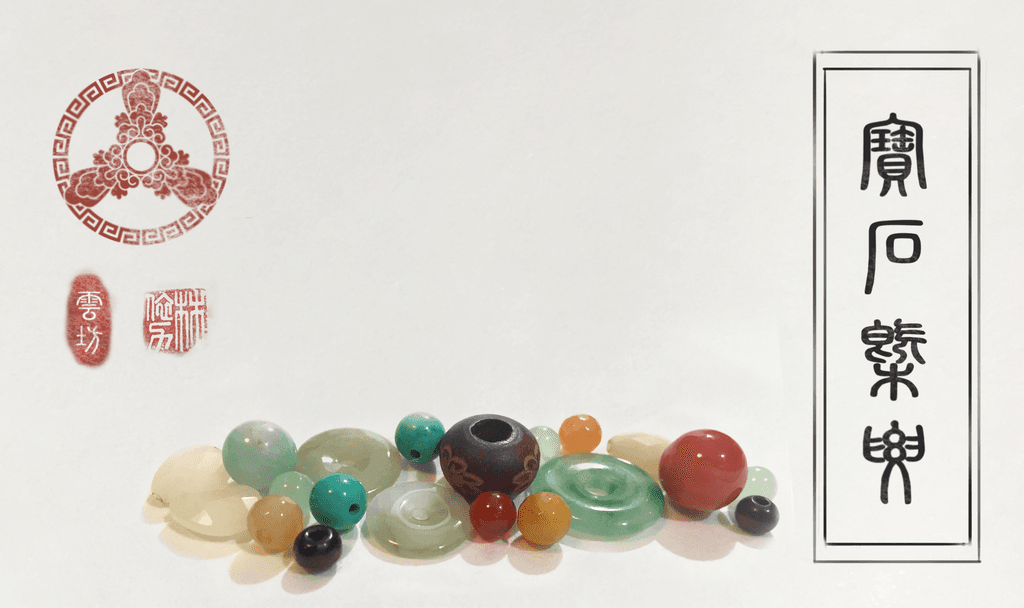This week fashion designer Jean Paul Gaultier’s retrospective opens at the Grand Palais in Paris as a sort of farewell. Gaultier has quit the breakneck pace of ready-to-wear to focus on haute couture, which he’s been designing since 1997.
But in a recent interview, he gave an unexpected endorsement to the very opposite of haute couture—fast fashion.
“There are labels that do inexpensive clothes very well, like Zara, H&M, Uniqlo. People can dress well for not too much money,” Gaultier told Associated Press’s Thomas Adamson. “So why go and buy expensive clothes?”
Why, indeed?
No, Gaultier is not following in the footsteps of Karl Lagerfeld, Alexander Wang, and Versace to become the latest high-end designer to collaborate with the Swedish fast-fashion giant.
What’s at work here is an open acknowledgement that low-end fashion, in a backward sort of way, peddles designer fashion. At the very elite end of the fashion spectrum, demand is in elastic.
Those who can pay $8,000 for a dress will still do so, regardless of the state of the economy at large. The more unattainable such an item is for most, the more desirable it becomes for the few. Economists call this the “snob effect.”






